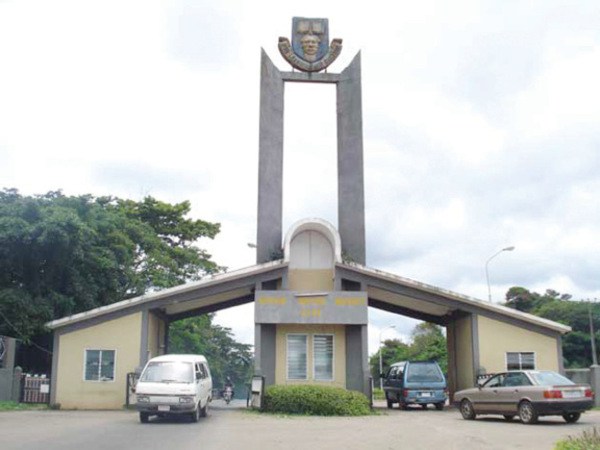
THE Federal and Osun State governments must quickly rally the law enforcement agencies to respond to the distress call of the management of the Obafemi Awolowo University, OAU, Ile Ife, over the alleged “criminal poisoning” of a dam which provides water for the over 30,000 members of the university community.
Vice-Chancellor of the University, Prof. Eyitayo Ogunmodede, in a recent petition to the Commissioner of the Osun State Police Command, Osogbo, alleged that a group of armed members of the Ife community on April 3, 2019, invaded the Opa Dam site with dangerous weapons. They reportedly overpowered the university’s security personnel and “polluted the water with chemicals which led to the death of several fishes and other aquatic animals.”
Professor Ogunmodede, who identified the alleged ringleader of the invaders, said he purportedly acted on behalf of the Great Ife Development Board, which the VC accused of encroaching on the institution’s land.
The vice chancellor’s allegations against elements of the Ife community are very weighty and grave, and should not be left in the hands of the Nigeria Police alone to resolve. The alleged offenders should be invited to say what they know of the incident, while an urgent investigation of the substance allegedly used to poison the dam should be ascertained to prevent the mass poisoning of the students, staff and others who depend on it for their daily needs.
Poisoning of dams and public water bodies should be treated as terrorism, crime against humanity and an attempt at mass murder. The punishment for it must be severe enough to deter evil-minded people from adopting such an inhumane approach in their tussles over land and other natural resources.
We also call for a negotiated settlement of any dispute between the OAU and its Ife community hosts to promote continued peace between the two sides which have enjoyed mutually-beneficial co-existence for 58 years.
Relationships between major academic institutions such as the OAU and their host communities require strict adherence to laid-down rules of engagement to ensure that the rapidly-expanding populations on both sides do not result in physical conflicts. Under no excuse should anyone take the law into their own hands.
The encroachment of the lands of public institutions by elements of the original owner-families or communities is a growing phenomenon in many parts of the country. Unfortunately, governments’ lackadaisical attitude to the problem (perhaps due to corruption among officials) is like stoking a time bomb that could explode with unpleasant consequences as evident in the unfolding OAU episode.
Unless the OAU distress call is decisively attended to, other universities and public institutions around the country might begin to face such dangerous challenges from native land-grabbers.
END

Be the first to comment